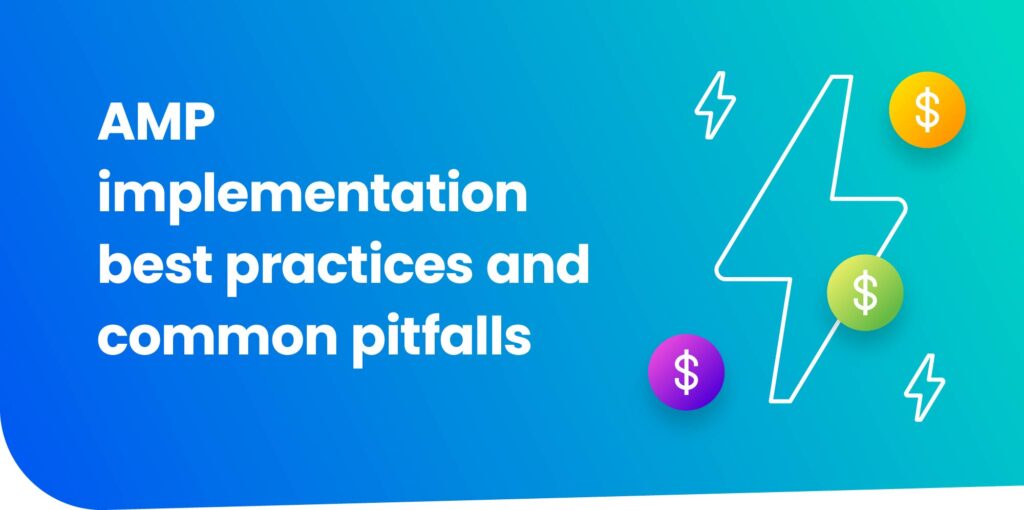
Editor’s Note: the following guest post was written by Swetha Gopalakrishnan and Rich Hall, Web Ecosystem Consultants, Google This post is the second of a three part series addressing best practices around implementing AMP: How to measure the success of your AMP pages AMP implementation best practices and common pitfalls (this article) AMP monetization best […] Read more